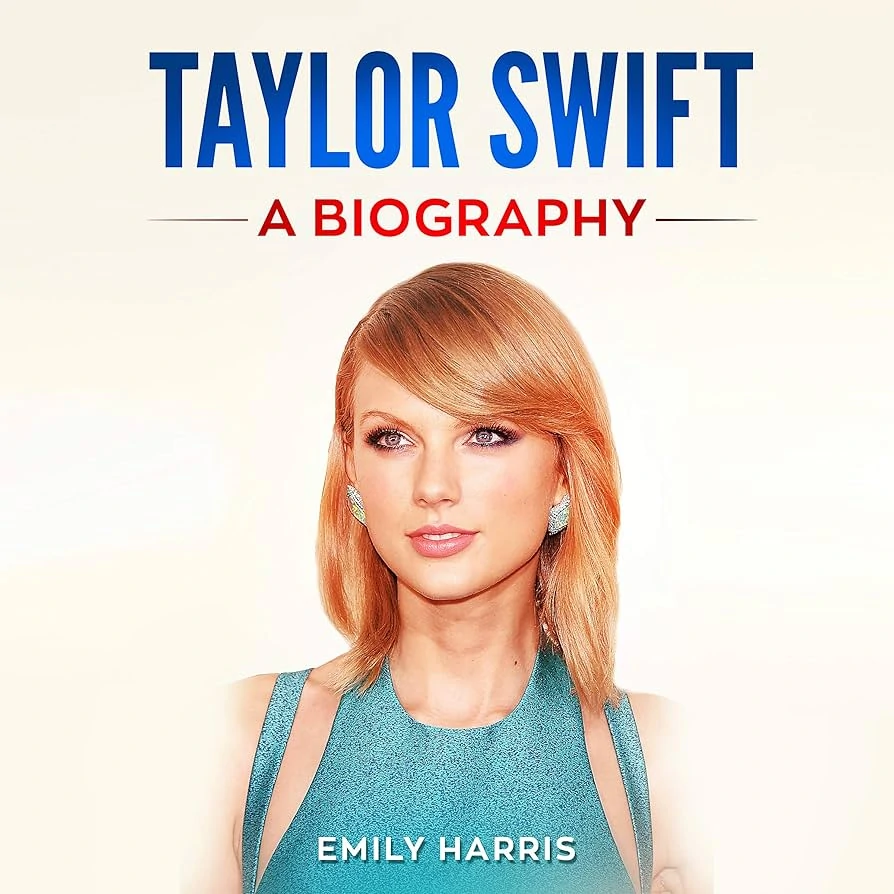Taylor Alison Swift was born on December 13, 1989, in Reading, Pennsylvania. From a young age, she showed a passion for music and storytelling. Inspired by country legends like Shania Twain, Taylor began writing songs and performing at local events. Her family moved to Nashville when she was 14 to help her pursue her dreams. At 15, she signed with Big Machine Records, becoming the youngest artist to sign with the label.
Taylor Swift Biography
Taylor’s self-titled debut album in 2006 introduced her as a fresh face in country music. Hits like “Tim McGraw” and “Teardrops on My Guitar” showcased her ability to craft relatable, heartfelt songs. Her follow-up album, Fearless (2008), brought her mainstream success with tracks like “Love Story” and “You Belong with Me.” Fearless won the Grammy for Album of the Year, making Taylor the youngest artist to win the award at the time.
Transition to Pop Stardom

In 2014, Taylor made a bold shift from country to pop with her album 1989. The record, featuring hits like “Shake It Off” and “Blank Space,” was a commercial and critical triumph. It won her a second Album of the Year Grammy, solidifying her place as a pop icon. Taylor’s ability to reinvent her sound while maintaining her lyrical depth set her apart from her peers. Her personal experiences, woven into her songs, continued to resonate with fans worldwide.
Reputation, Reinvention, and Independence
Taylor’s 2017 album, Reputation, marked a darker, edgier phase in her career, addressing themes of media scrutiny and resilience. By 2019, she released Lover, a return to brighter, more romantic themes. Taylor also took a stand for artists’ rights, publicly advocating for control over her music catalog. She began re-recording her earlier albums, starting with Fearless (Taylor’s Version) in 2021, to reclaim ownership of her work. This move underscored her determination to fight for creative freedom.
Legacy of Innovation and Influence
Taylor Swift’s influence extends beyond music. Her 2020 albums, Folklore and Evermore, showcased her versatility, exploring indie and folk sounds. Both records received critical acclaim, with Folklore earning her a third Album of the Year Grammy. Taylor is also a role model for empowerment, using her platform to address issues like feminism, mental health, and voter engagement. Her enduring impact on music and culture cements her legacy as one of the most successful and innovative artists of her time.





